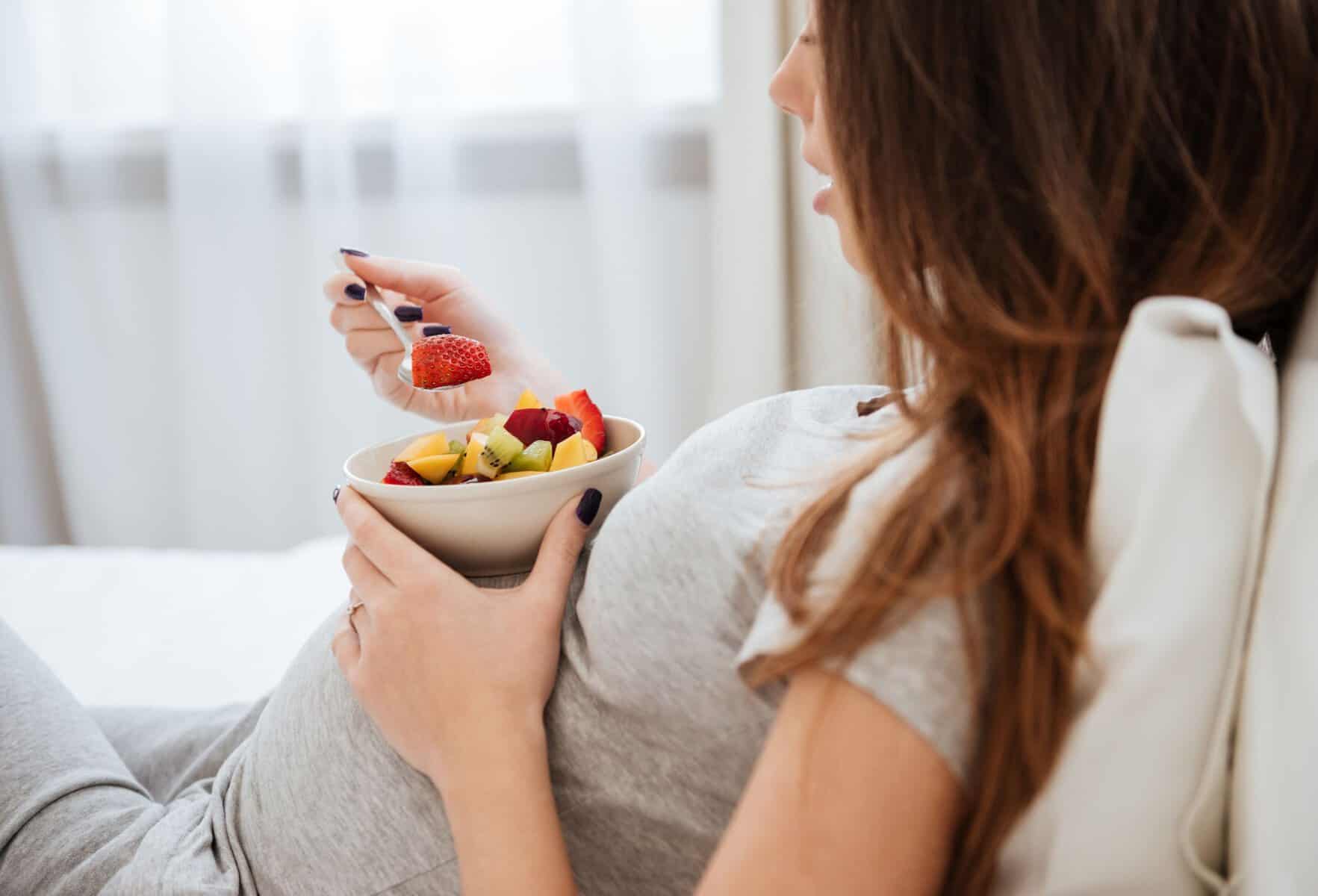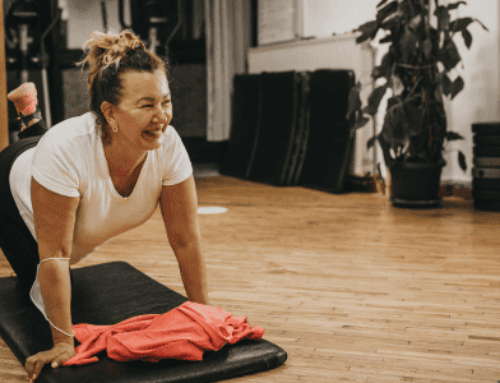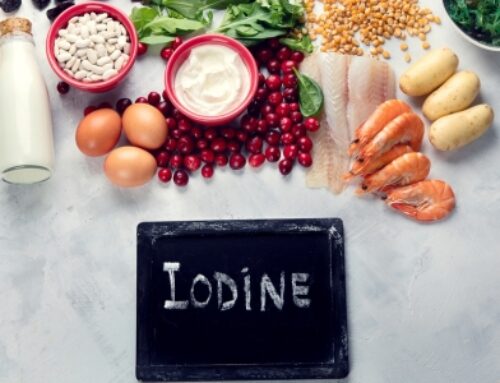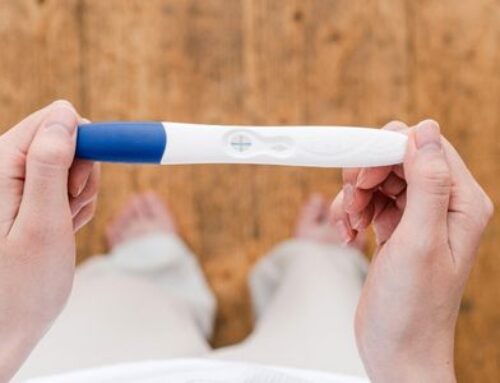
If you are currently pregnant you’ve probably heard of the term Listeria or Listeriosis mentioned by your care team. Or maybe you’ve been told to be more cautious about food safety. But what does that mean beyond washing your hands and avoiding deli meat and soft cheeses?
Read on to find out more!
What is Listeriosis?
Listeriosis is the illness caused by eating foods contaminated with the bacteria Listeria monocytogenes. Listeria is found naturally in the environment (such as in soil) and is transferred through eating food contaminated with Listeria or via the placenta during pregnancy. Whilst it doesn’t cause illness is most people, when it does, it has a high death rate. In pregnant women, it can lead to miscarriage, premature birth or still birth.
Who is at high risk?
- Pregnant women and their fetuses
- Newborn babies
- The elderly
- People with compromised immune systems
- People on immunosuppressive drugs
“Pregnant women are up to 13 times more likely to get listeriosis from a contaminated food than an ‘average’ healthy adult with no underlying illness” (1)
What are the symptoms of Listeriosis?
Some women may be asymptomatic, whilst others may experience flu-like symptoms such as chills, nausea, muscle aches and diarrhoea. The symptoms can take anywhere between a few days to six weeks to appear.
What are some high-risk foods for Listeria?
- Ready to eat foods (think salad bars, sushi trains, pre-cut fruit, pre-packaged salads)
- Food processed on choppers or slicers
- Soft cheeses
- Refrigerated pate and meat pastes
- Unpasteurised juices
- Cold smoked seafood and pre-cooked prawns
- Raw seafood
- Seed sprouts
- Soft serve ice cream
So, should I be worried?
The bottom line is that Listeria infection is rare (around 65 cases per year in Australia), however the consequences can be serious, with 1 in 5 cases of listeriosis in pregnant women being fatal for the developing foetus1.
Given it may not always be possible to always avoid high risk foods, the goal would be to learn how to make educated choices to minimise the risk of consuming foods containing Listeria, without the stress, so that we can still meet the nutritional needs for you and your baby.
What can I do to reduce the risk of Listeriosis?
- Cook deli meats and soft cheeses until they are steaming hot
- Incorporate smoked meat and cooked prawns in cooked dishes
- Opt for hard cheeses
- Opt for cooked vegetables when out
- Prepare your own cut fruit at home
- Opt for pasteurised juices
- Make your own sushi using freshly cooked ingredients
- Rinse and cook seed sprouts
- Opt for frozen icecream/gelato/sorbet rather than soft serve
Reducing the risk at Christmas:
Christmas can be a high-risk time for Listeriosis: high temperatures in the kitchen, roasts sitting out on the bench for hours, prepped salads in bowls that will no longer fit in the fridge, cheese platters that are grazed on all day, and overstocked fridges groaning under the weight of festive food.
In addition to the above, there are a few things you can do:
- Cook meat to 75 degrees Celsius – steaming hot!
- Pan fry ham/prawns until steaming hot before consumption
- Swap soft cheese for hard cheese
- Cook egg dishes until whites are firm and yolk is thickened
- Wash salad vegetables and fruit well, keep at <5 degrees Celsius
- If possible, decant portions of food to be refrigerated until meal time
- Avoid consuming food that has been sitting out of the fridge for long periods
Have questions? Our team are here to help!
References:
Food Authority. Listeria and pregnancy, the food you should avoid and why. Retrieved November 21, 2022, from Food Authority. https://www.foodauthority.nsw.gov.au/sites/default/files/_Documents/foodsafetyandyou/listeria_and_pregnancy.pdf



